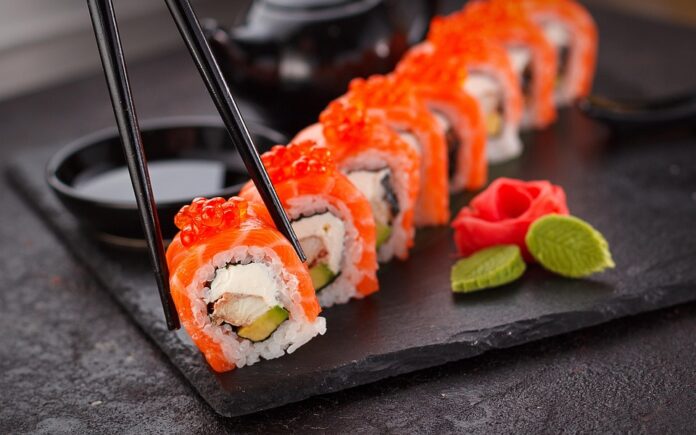The Future of Soy Sauce Innovation and Flavor Development
Overview
Soy sauce, a staple condiment in Asian cuisine, has been a popular flavor enhancer for centuries. However, as consumer tastes evolve and demand for healthier and more diverse food options grows, the soy sauce industry is undergoing a period of innovation and flavor development to stay relevant in the market.
Current Market Trends
The global soy sauce market is expected to reach a value of $56.2 billion by 2027, with a compound annual growth rate of 5.2% from 2020 to 2027. This growth is driven by factors such as the increasing popularity of Asian cuisine worldwide, rising consumer awareness of the health benefits of soy sauce, and the growing demand for organic and natural ingredients.
Key Players in the Industry
Some of the leading companies in the soy sauce industry include Kikkoman Corporation, Yamasa Corporation, Lee Kum Kee, and Bourbon Corporation. These companies have been at the forefront of soy sauce innovation, developing new flavors, packaging designs, and marketing strategies to cater to changing consumer preferences.
Technological Advancements
Advancements in food technology have enabled soy sauce manufacturers to experiment with new ingredients, fermentation techniques, and aging processes to create unique and flavorful products. This includes the use of non-GMO soybeans, gluten-free options, and reduced-sodium formulations to appeal to health-conscious consumers.
Flavor Development
In response to consumer demand for more diverse and exotic flavors, soy sauce manufacturers are exploring new flavor profiles such as smoked, spicy, and umami-rich varieties. By partnering with renowned chefs and food experts, these companies are able to create innovative soy sauce blends that can be used in a wide range of dishes.
Consumer Preferences
Millennials and Gen Z consumers, who are known for their adventurous palates and interest in global cuisines, are driving the demand for unique and artisanal soy sauce products. These consumers are willing to pay a premium for high-quality, small-batch soy sauces that offer superior flavor and authenticity.
Sustainability and Ethical Practices
As consumers become more conscious of the environmental and social impact of their food choices, soy sauce manufacturers are adopting sustainable practices such as sourcing ingredients from local farmers, reducing water and energy consumption during production, and using eco-friendly packaging materials. By promoting transparency and ethical sourcing, these companies are able to build trust with consumers and differentiate themselves in the market.
Future Outlook
The future of soy sauce innovation and flavor development looks promising, with continued growth expected in the global market. By leveraging technology, collaborating with culinary experts, and prioritizing sustainability, soy sauce manufacturers can stay competitive and meet the evolving needs of consumers around the world. As the demand for unique and premium soy sauce products continues to rise, the industry is poised for further growth and success in the years to come.




